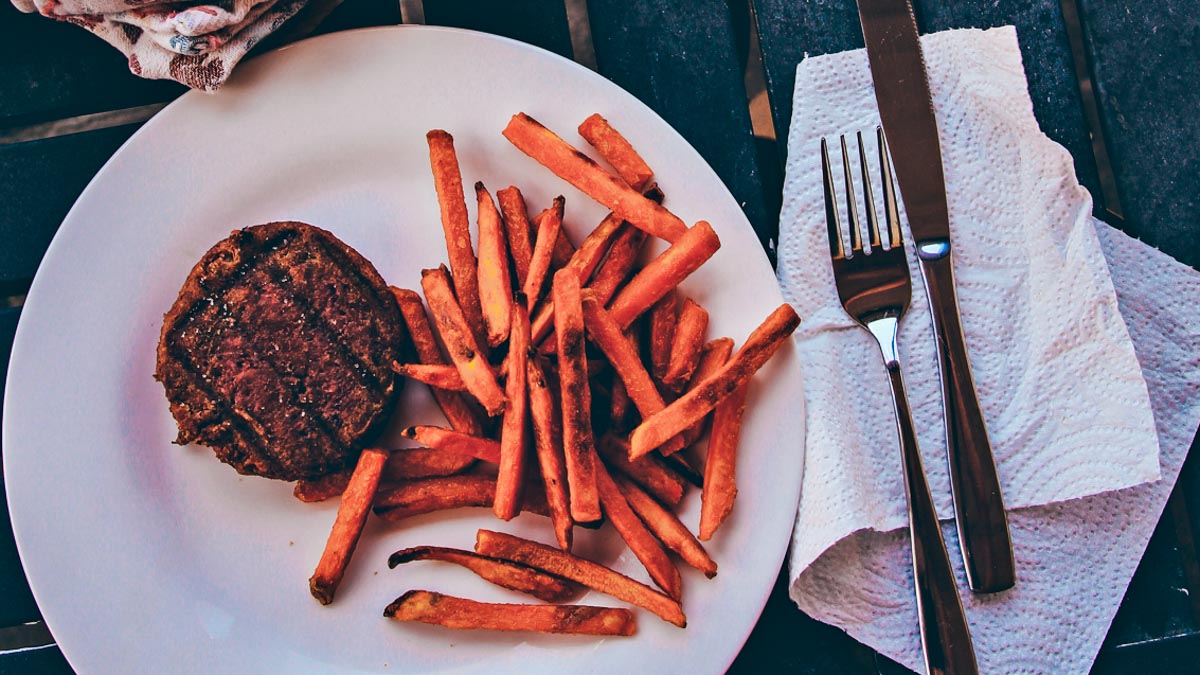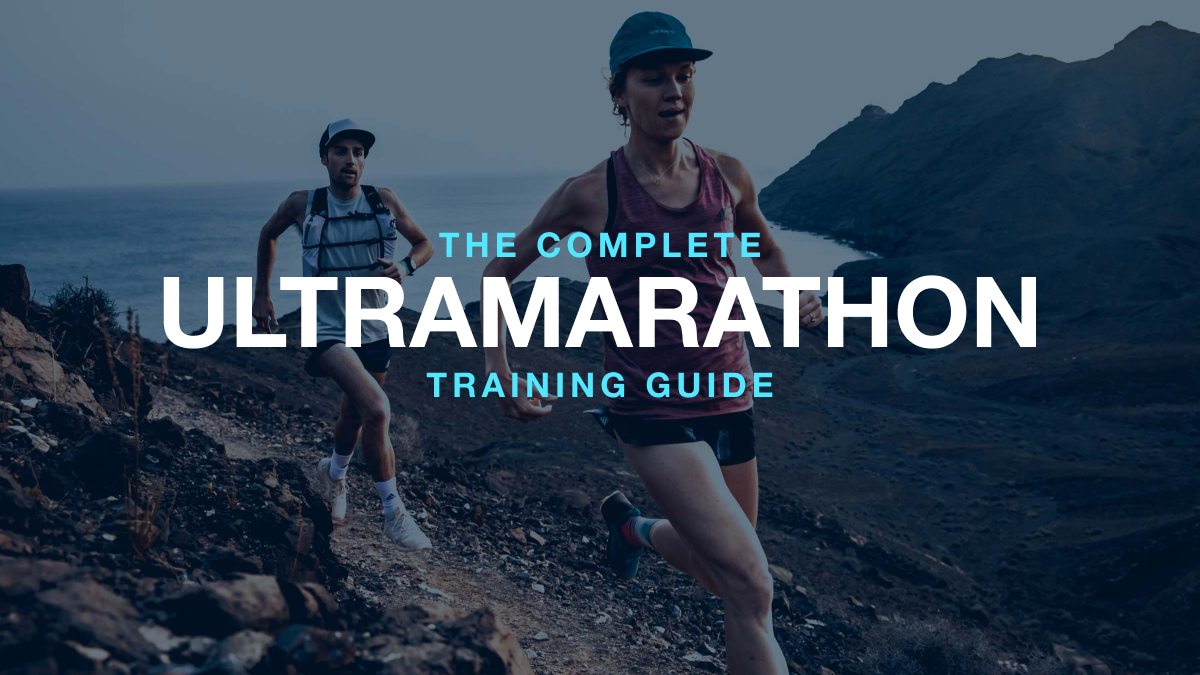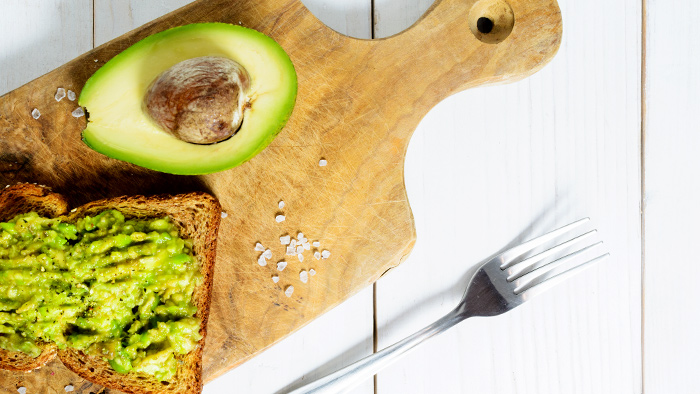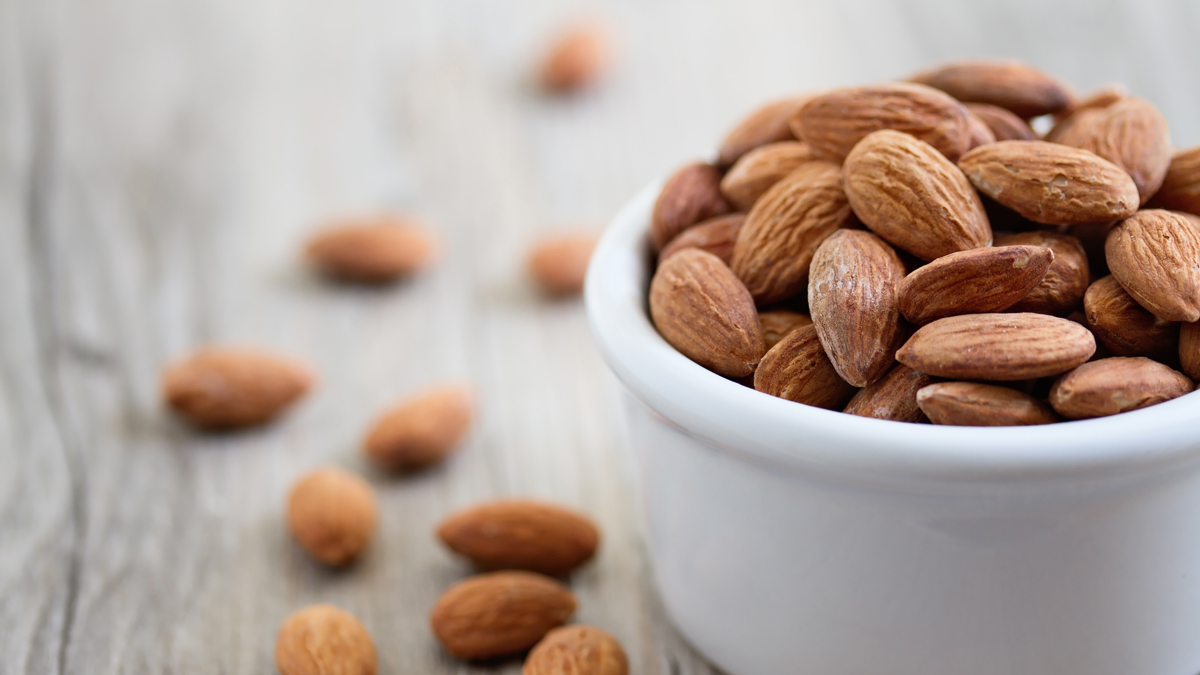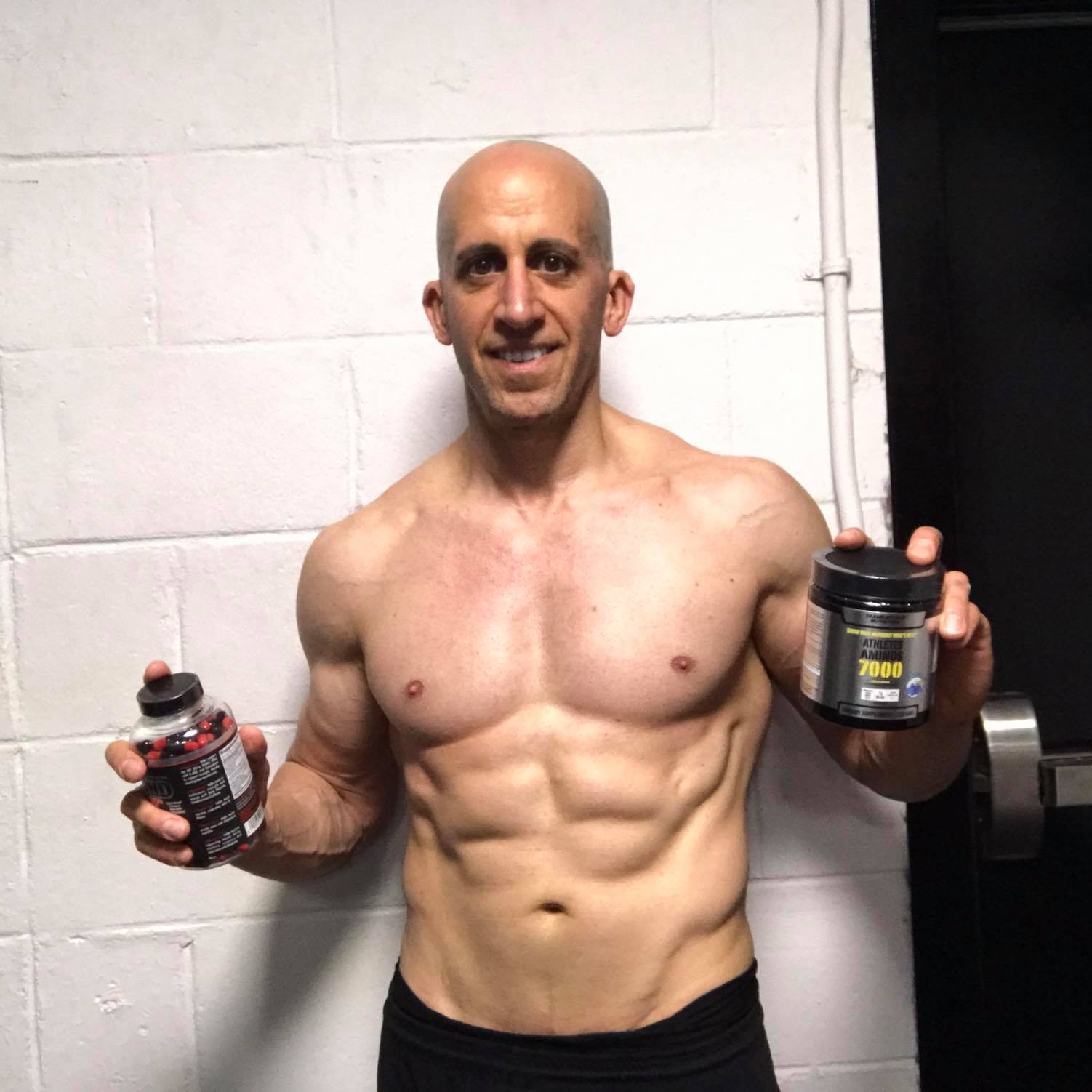There are several topics—some serious, some less so—that can cause endless, emotional debate. For example: is Star Wars better than Star Trek? Are you a fan of The Lord of the Rings or Harry Potter? Do you prefer Batman or Superman?
When it comes down to nutrition—and sports nutrition in particular—this is no less true, and the controversy between animal-based and plant-based proteins is undoubtedly number one. But who is right—and does it really need to be that divided? We ask Robert Gorgos, former professional cyclist and now nutritionist of the cycling pro team BORA-Hansgrohe, for his take on the topic.
First: what are proteins?
Proteins are macromolecules composed of one or more chains of amino-acids (compounds that contain amine (-NH2) and carboxyl (-COOH) groups together with a side chain (R)). In animal and plant proteins, we can find 20 different amino acids, and they are generally divided into two categories: essential (nine, which are those our body cannot produce), and non-essential (which can be produced by our body).
Proteins carry out countless essential roles in the body: they are structural components of big tissues, work as catalysts for metabolic reactions; they replicate our DNA; the provide structure to our cells (and to organs in general); they respond to stimuli; and they transport molecules from one location to another, just to name a few.
In sports, we mostly define proteins as “those important things you need to eat and drink” after a training session to repair damaged muscles and to help our body to recover from long, hard training sessions. What else should you know about proteins? A thing or two…
What is their primary role in nutrition, and in sports performance?
“They are not an energy source you would use when exercising, except for extreme cases [see below]”, says Gorgos. “Especially when you do high-intensity training, your body should be well-fed with carbohydrates in order to not use amino-acids for fuel.”
Yet there are three other ways to look at proteins’ role in nutrition and sports performance.
First, they are required in order to make the adaptations triggered by exercising and working out (the changes in muscle and cell function). “Your whole body is kind of made of proteins,” explains Gorgos. “And their role is generally recovery of destroyed structures and build-up of new structures.”
Second, from a metabolic point of view, proteins influence hormones (including that feeling of fullness after a meal), and third, they deliver nutrients not contained in other foods. By eating fish, grains, beans, peas, lentils—you give your diet a higher density of nutrients, opposed to if only eating white bread or rice.
Is there a way to categorize proteins?
“You normally categorize between animal and plant protein sources. But I’m not actually sure that this is the way to go,” says Gorgos. “Scientifically, I would prefer to divide them between high-quality and lower-quality protein sources—or proteins with a higher amount of essential amino acids and proteins with a lower amount of essential amino-acids. But even this approach is limited.”
If your diet is not restricted in any way, you’re not running on an energy deficit, and you eat a varied diet with all the food groups, you usually can get enough proteins even by only eating those foods that contain fewer essential amino-acids, i.e. plant-based protein sources.
“I wouldn’t say it’s a hype, but it’s a bit overrated in terms of what proteins have high-qualities and what foods have not,” says Gorgos. “Even if you have an egg for breakfast, and only a salad and bread for lunch, the amino-acids can combine over several hours to form the proteins that the body can use. The problem would be if you only eat one food for several weeks, because then you’d lack nutrients you can find in other foods.”
For athletes who train a lot, the amount and type of proteins eaten becomes more critical than for the general public.
“But again, if you’re not in an extreme energy deficit and you eat a varied diet, normally the specific protein sources are not as important as people may think,” says Gorgos. “You can have a good protein combination from beans, rice and nuts.”
So, is it true that plants do not provide enough essential amino-acids?
The classic argument against a plant-based diet is that only meat-based protein can provide enough essential amino acids. But it all depends on your body type and the kind of training regime you follow. Even on an ‘extreme diet’ with low-calorie intake, there are ways to get in enough proteins and maximize their absorptions.
“If you include 1-2 eggs in your daily menu,” says Gorgos, “and you have enough variety of foods and energy, then it’s a good starting point to meet the essential amino-acid target. Furthermore, if you combine potatoes and eggs, for example, you have a very high biological quality of a protein (retained nitrogen divided by the absorbed nitrogen x 100). An egg is defined with a biological quality of 100, but with potatoes, it goes up to 136, so the amino acids of those two healthy foods are a perfect combination.”
Which foods high in proteins should you eat?
“I would still recommend some good quality meat, and red meat too. Maybe not every day, but once or twice a week, if you don’t have deficiencies and you have a balanced diet—or 2-3 times a week for professional athletes who have a very high energy demand. Red meat is high in iron, micronutrients, and of course high in proteins (if it’s not super fatty),” explains Gorgos.
The other ‘super protein foods’ are the usual suspects: eggs (which contains all the essential nutrients except for vitamin C), milk (though for some it can bring digestion problems), natural yogurt, and cheeses like mozzarella and feta. Fish is also high on Gorgos’ list of protein-rich foods because it comes with other nutrients, such as omega-3 fatty acids.
On the plant side, grains like oats, quinoa, and millet are high in proteins, as well as beans, lentils, chickpeas, nuts (especially almonds), and pumpkin seeds.
“We often forget vegetables,” adds Gorgos. “They are not as high in protein as other foods, but if you eat a big portion of broccoli, you can still get 10-12 grams of protein.”
Another food that is both high in iron and has an excellent amino-acid profile is hemp, which you can get in powder, and you could consume as a shake.
What about soy? “Maybe not soy protein powder so much,” says Gorgos, “but a small amount of soy I think could be ok, especially in forms like miso soup, soy sauce, and fermented soy.” Soy could have dehydrating properties, improve fat-metabolism, reduce triglycerides and improve HDL cholesterol.
What if an athlete has iron deficiency?
“Iron is always absorbed better through meat and the liver than by taking supplements. An athlete who eats a varied diet, with red meat (even only once a week) and enough carbohydrates should be ok and not having iron deficiency problems. But if you have huge energy demands or a high training load, then that can be a problem and you need to watch it. This is particularly true for long distance runners, where red blood cells could be destroyed because of the impact [of running]”
Are there recommended quantities of proteins per day you should target?
For endurance athletes, both male and female, Gorgos recommends hitting 1.7 grams of protein per kg of bodyweight per day. “Given a diet with enough energy intake, and with a good variety of food sources, and provided that your body is not at a point where it uses protein as a fuel source, you don’t need more than that.”
But for a Grand Tour rider, for example, the scenario is quite different. Because of the demands of a three-week-long race, riders end up using proteins—as well as carbohydrates and fat—as a fuel source. “We did a calculation, and in some cases, riders can eat up to 2.5/3 g per kg/bodyweight of proteins per day,” says Gorgos. “It’s not because they necessarily need those proteins, but because there is such a big energy turnover and demand.”
Is it essential to consume proteins right after training?
The short answer to this question is a refrain in sports nutrition: it depends. If you train 2-3 times per week only, it doesn’t really matter when you consume your proteins. On the other hand, if you train every day, or even twice per day, Gorgos says timing is crucial. “In these cases, the timing of the Protein intake is very important and I would try to consume them right after the exercise (first 30 minutes).”
So don’t be shy with recovery shakes: “Why not? Those products are made for that, and that would also be a way to eat fewer proteins in the other meals of the day. A diet with a very high protein intake from animal sources could come with pollutants (especially meat, milk, or eggs), and it could lead to an increase in IGF-1 (Insulin-like growth factor 1), which could possibly lead to an increase of the risk of developing cancer over the long-term.”
The best is always to eat a good variety of proteins that are not coming exclusively from animal sources. Try not to overdo it, but eat according to your energy needs. In other words, if you’re exercising every day start with 1.4-1.5 grams per kg bodyweight and see how it goes.
If you eat red meat, how much should you consume?
This depends on several factors, like body type and bodyweight of the athlete, as well as age.
“Maybe 2-3 times per week is the figure you can use for professionals because they need all the nutrients they can get, but 1-2 times per week is a better starting point for non-professionals,” says Gorgos.
A good alternative for those suffering iron deficiencies is liver, high in iron and protein (once a month would be enough, twice if you have a deficiency). On the kind of liver, preference is subjective, but young chickens typically have a lower chance of being polluted with heavy metals.
“And even if it’s not the healthiest and environmentally friendly option, even serrano ham or prosciutto crudo are high in iron, and if you want you could eat here and there,” he says. “And if you cut the white part, it would be lower in fat.” An even better, though a bit more expensive option will be bresaola (dry meat), or Bündnerfleisch (if you live in the Swiss mountains!).
Where should you buy meat?
If you buy meat (and also true for eggs and fish), try to use local farmers and butchers. Again, a slightly more expensive option, but one that would provides better quality (in particular freshness) and a lower carbon footprint. The quality of what you eat makes a significant impact on both your health and performance.
What about that Game Changer documentary?
I’m not against vegan proteins by any means. “I believe it’s important to eat fewer animal products, but I would not put an athlete on a vegan diet. It’s pretty risky, I would say. And not mostly for the protein intake, but mostly for all the other nutrients they would lack: B12, B2, iron, zinc, copper, other B vitamins, Calcium for example. In our team we had some guys trying a more vegetarian diet, but they gave up also for logistical reasons. If you’re racing in Spain, for example, and don’t have a chef with you, it is hard to get a balanced meal in the hotel all the time. Or even more, if you’re racing 70 times per year. It is not impossible, and some athletes do it, but it’s harder.”
He acknowledges those vegetarians and/or pescatarian athletes who are at the top of their game (triathletes Patrick Lange and Jan Frodeno, for instance). He says that it’s possible to compete at the highest levels if you’re vegetarian or pescatarian, but it requires monitoring ferritin and iron levels closely.
“What I don’t like are the extremes. The truth is always somewhere in the middle. I don’t like if the discussion is getting dogmatic. As soon as you exclude a food group, you immediately lose nutrients. It’s as simple as that. The less diversity you eat, the lower the nutritional density of your foods. And if you can get the nutrients from real food it is always better than implementing artificial supplements.”
“As with other documentaries that do not have not a strong scientific background, it can sound too much towards the vegan movement,” says Gorgos. “The studies that they mention and they even made, are not always reliable (you can find a good review of the documentary here).
The Takeaway
“Protein is not really a game-changer,” says Gorgos. “You will not win or lose a race if you eat more or fewer proteins, but you would lose the race if you don’t eat enough carbohydrates, that is the preferred fuel for the body in racing. If you’re in a constant deficit and not eating enough carbohydrates, you may start burning protein for energy.”
The questions you should ask yourself are: am I eating enough nutrients (macro and micro) to sustain the high training loads? If yes, then you don’t need a massive amount of extra. And in the long term, it’s probably healthier to consume fewer proteins, particularly from the ones that come from animals.
